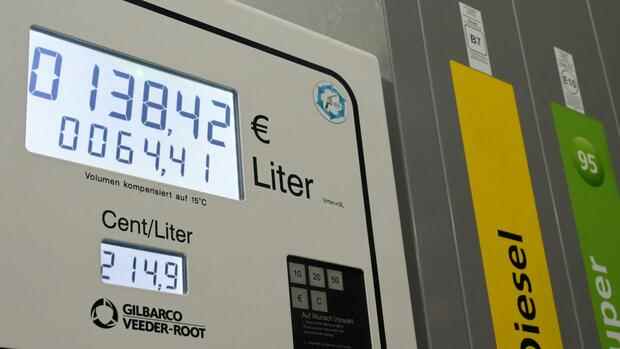There are concrete and serious indications that Germany’s gas supply situation is deteriorating.
(Photo: Reuters)
Berlin, Dusseldorf The Federal Association of Energy and Water Industries is calling on the federal government to declare the early warning level in the national gas emergency plan. BDEW boss Kerstin Andreae told the German Press Agency on Thursday in Berlin: “There are concrete and serious indications that the gas supply situation is deteriorating.”
With the announcement by Russian President Vladimir Putin that future gas deliveries will have to be paid for in rubles, an impact on gas deliveries cannot be ruled out. According to Andreae, the Federal Network Agency would have to develop criteria as to which industries and sectors would continue to be supplied with gas even in the event of a gas shortage.
“Household customers are protected by the existing regulation. In addition, the declaration of the early warning level must be coordinated at European level,” said Andreae. Announcement of the early warning level would mean that the preparations for an actual gas shortage in cooperation with municipalities, the Federal Network Agency and network operators would become extremely important.
Meanwhile, there is uncertainty among the large gas companies as to how to deal with the situation. The MDax company Uniper and the gas importer Verbundnetz Gas (VNG) initially did not want to comment on request, the situation is too confusing so far. The Austrian company OMV, on the other hand, announced on Wednesday that it would continue to pay for gas deliveries in euros.
Top jobs of the day
Find the best jobs now and
be notified by email.
The large European companies that purchase gas from Russia have usually contractually agreed with their Russian partners in which currency the respective gas deliveries are to be paid for. OMV is now referring to this.
So far, Russian gas suppliers like Gazprom have been paid primarily in dollars. The Russian supplier then has to exchange most of the payment for rubles with the Russian central bank. Putin now wants the West to pay the suppliers in rubles straight away.
There does not appear to have been a specific refusal of payments by Russia yet – the concrete implementation of the Russian announcement should be worked out within a week. Businesses are likely to be faced with immediate decisions, however, as transactions for delivered gas occur on a daily basis.
With agency material
More: “European solidarity in danger” – Concern about Germany going it alone in energy
